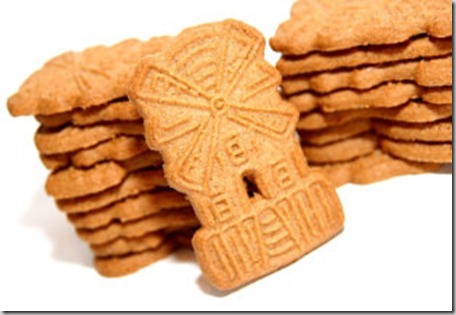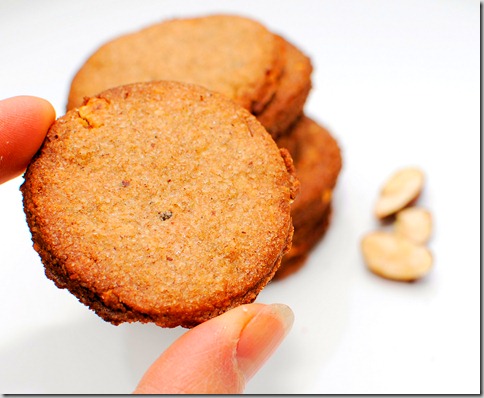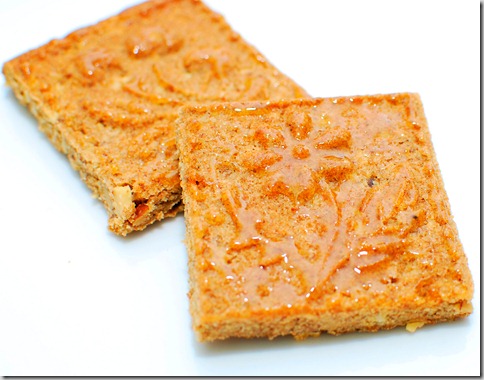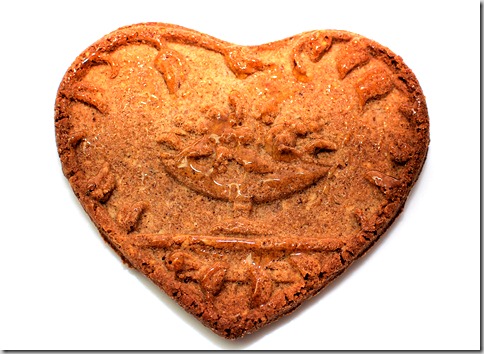It was a surprise to find this recipe in our Utica book, A Taste of Utica since the origin of the cookie is believed to be Holland or The Netherlands.
From The German Food Guide:
History
There are two theories about where the name Spekulatius originated. The first theory states that the name came from the Latin word Speculum, meaning “mirror.” It refers to the wooden cookie mold that imparts its design onto the cookie. The second theory states that the name comes from the Latin word Speculator, meaning “bishop”, “overseer”, or “supervisor.” The connection here is that Speculatius and Speculator sound most similar.
I don’t have the cookie mold required to make these cookies so I made flat cookie cut outs as well as using a ceramic shortbread cookie mold.
Just as pretty, don’t you think?
Page 199 of our book and posted by Jeanann Murphy
- 3 cups all purpose flour *I used whole wheat
- 1 tsp cinnamon
- 1/4 tsp ground cloves
- 1/4 tsp ground ginger
- 1/4 tsp nutmeg
- 3/4 cup or 1 1/2 sticks butter at room temp.
- 1 1/2 cups light brown sugar
- 1 cup slivered almonds finely ground
- 1 large egg
- 2 TBS milk – I used water to thin the batter
In a bowl, combine flour and spices. In another bowl beat the butter and sugar until light and fluffy. Beat in the almonds, eggs, milk/water. Gradually beat in flour mix until well blended and then chill for an hour.
Preheat oven to 400 F. Lightly grease a cookie sheet or mold.
Shape as you like then bake until lightly brown, about 10 – 12 minutes.






Mmmm – These look tasty & I love the addition of the whole wheat 🙂
These sound wonderful! I used to eat the windmill cookies all the time at my Pepere’s house, so this brought back so many memories. I can’t wait to try out this recipe. 😀
I’m going to try this recipe too!
Those are so pretty! Thanks for sharing:)